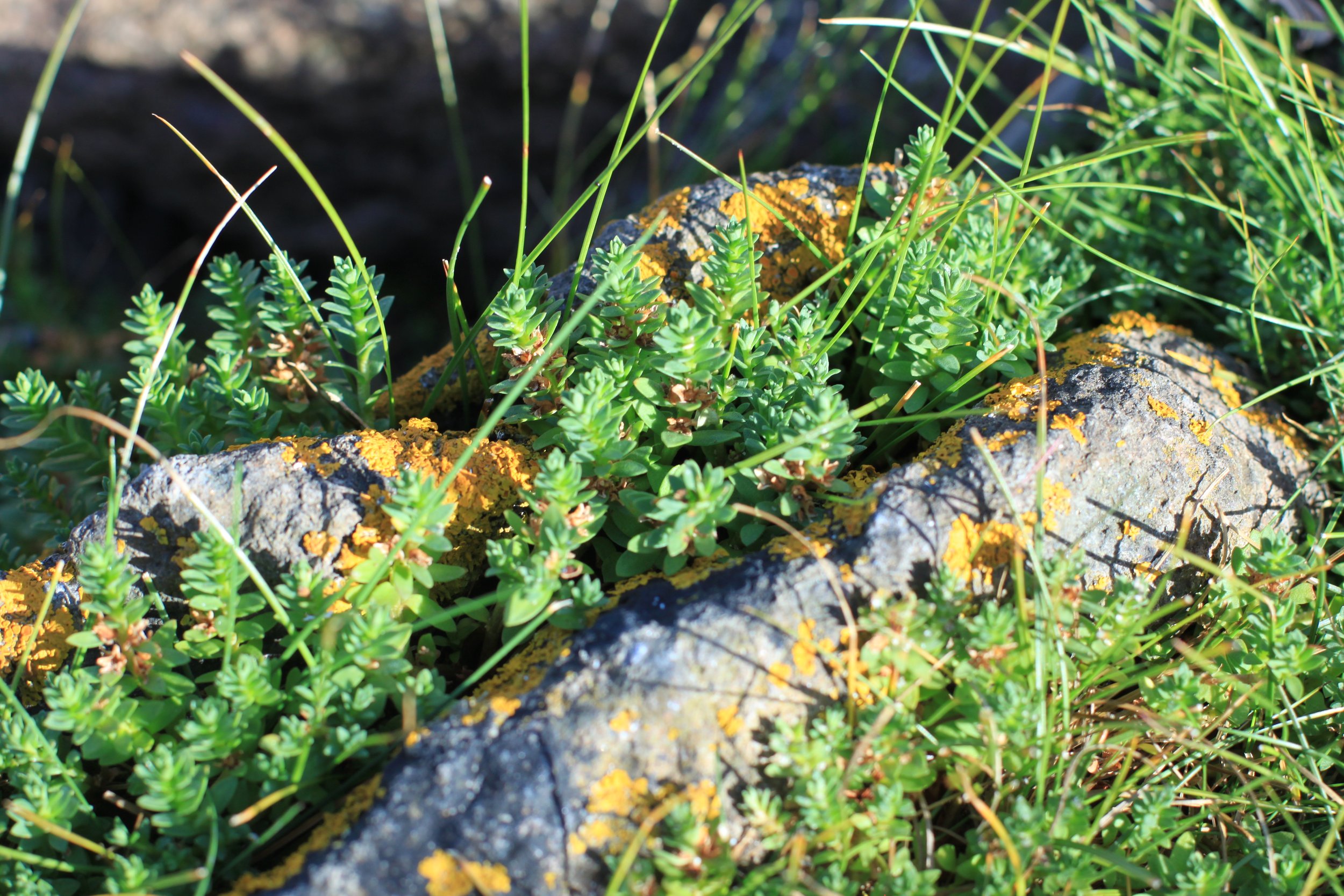The Rooted Sea: Halophytic futures
We are delighted to announce here The Rooted Sea: Halophytic Futures, a brand new interdisciplinary project. Work on this project will be taking place across the coming months leading up to it’s very first showcase in October this year, as part of Driving the Human – a catalyst for experimentation, shaping sustainable and collective futures that combine science, technology, and the arts in a transdisciplinary and collaborative approach.
The Rooted Sea is an interdisciplinary inquiry into the fragile and endangered coastal ecosystems and wetland habitats of India and Scotland, and their vital role in building resilience to climate change.
Coastal wetlands are the most biodiverse yet threatened ecosystems on our planet, imperiled by centuries of coastal development and now, increasingly, by rising sea levels and coastal erosion. This project stems from two incongruent, yet inextricably interwoven futuristic imageries of anthropogenic impact on the planet: the desiccated planet and the submerged world. By mapping these two contrasting scenarios (droughts and floods), this project brings into focus the plants, organisms, creatures and technologies that inhabit these spaces, while exploring the intertwined ecologies of human and non-human lives through entanglements of nature, culture, politics, industry and economics.
Drawing parallels between wetland habitats of India and Scotland, the project will engage audiences in interdisciplinary work that transcends borders and links the changing global landscapes of our planet, while building a stronger understanding of the role halophytic plants, micro-organisms, coastal ecosystems, carbon sinks and blue carbon play, as part of the climate change story.
We will share new meaning of current scientific research with the ability to positively impact climate change through artistic investigation and interactive digital technologies. This project has its origins in creative hands-on practices that employ physical research and making techniques; fieldwork, hands-on laboratory experimentation, printmaking, photography, video, sound and imaging techniques. The final prototypes will explore projection mapping, motion tracking, creative coding and remote viewing technologies as a means to facilitate creative participation with the concepts of the work through both physical and virtual experiences.
The Rooted Sea: Halophytic Futures is led by India based multi-disciplinary artist Sonia Mehra Chawla and ASCUS Art & Science, in collaboration with creative technology specialists Ray Interactive.
Sonia Mehra Chawla is a multi-disciplinary artist and researcher based in New Delhi, India. Chawla works at the intersection of art, science and technology, exploring themes of ecology, sustainability and conservation. Sonia’s practice is inextricably linked to an ethic, even a politics of multi-species co-existence and co-habitation. Her research is a political act, in which she collaborates with climate-change scientists, ecologists, microbiologists, as well as fishermen, farmers and indigenous people who speak from the deep reserves of their traditional wisdom.
Chawla is a fellow and awardee of the Charles Wallace India Trust of the British Council. She is a fellow of the International Art+ Science International residency program instituted by Wellcome Trust UK/DBT India Alliance & Khoj, India. Furthermore, Chawla is a fellow of Akademie Schloss Solitude, Stuttgart, for Social Sciences. Her forthcoming project in Scotland, has been supported by a research fellowship from Marine Scotland and ASCUS Art & Science. Chawla’s work has been exhibited at the Institut für Auslandsbeziehungen, ifa Galerie, Stuttgart; Yinchuan Biennale 2016, China; Essl Museum, Austria; Goethe-Institut, Mumbai; Tate Modern, London; Embassy of Switzerland, New Delhi, Albertina Museum, Vienna, British Council, New Delhi; ET4U Contemporary Visual Art Projects, Denmark; Yinchuan Museum of Contemporary Art, China; CSMVS Museum, Mumbai; Today Art Museum, Beijing.
ASCUS Art & Science is a non-profit organisation, based in Edinburgh, Scotland dedicated to bridging the gap between art, design and the sciences. As a leading advocate for art and science collaboration we believe art, design and the sciences are innovative fields that can benefit from exposure to a diversity of ideas. We work with partners and practitioners to foster innovative interdisciplinary research, facilitating public engagement with both fields. We achieve this through programmes and projects delivered in collaboration with partners, online and based in ASCUS Lab, the first art-science publicly accessible Biosafety Level 1 lab in Scotland, serving as an established hub between like-minded organisations both nationally and internationally.
Ray Interactive is an Edinburgh based company specialising in interactive technologies, creative coding and generative graphics. They partner with creative companies and individuals to help craft ideas and bring them to life, using a dynamic blend of design and technical ability. They create interactive experiences, data-visualisation, real-time renderings, projection mapping, augmented & extended reality, and progressive web applications, leveraging new and emerging techniques to create interactive impactful and progressive experiences.




